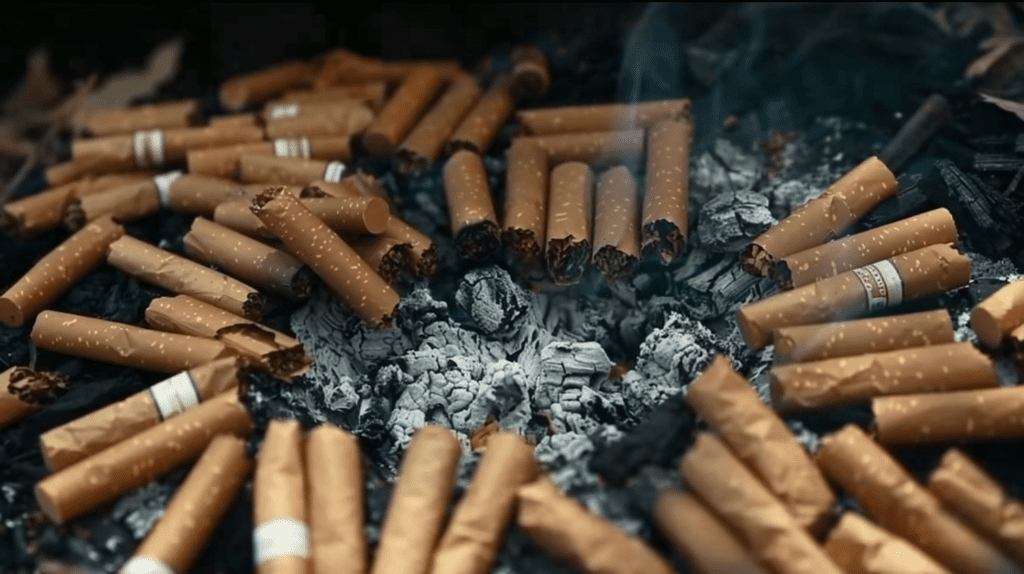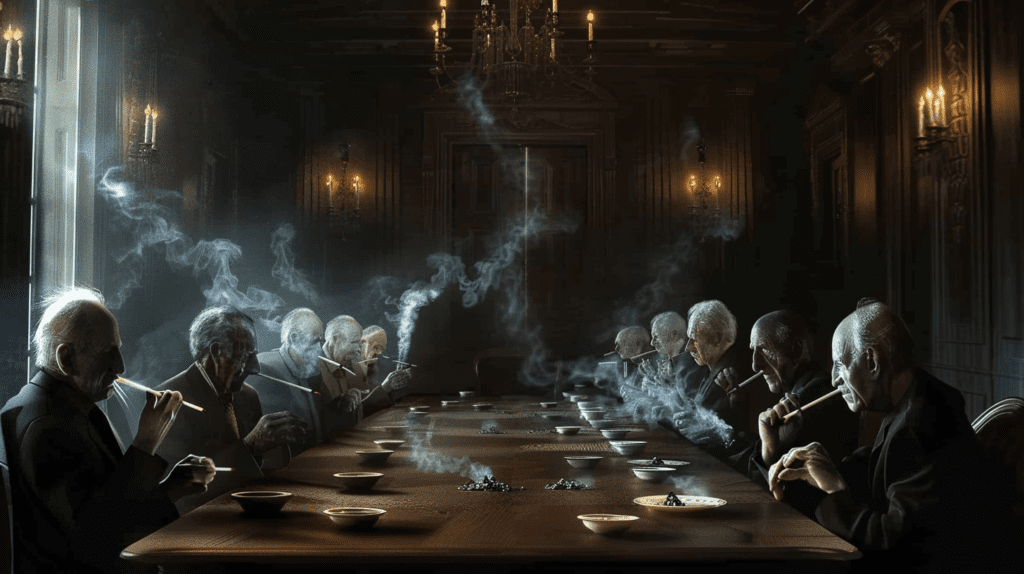Mind control is a type of “psychological technology” used by con artists, cult leaders, and influence peddlers of all stripes to try and modify human behavior, to twist it to one’s own nefarious and usually opaque ends. Books about cults and how they use forms of mind control to capture victims can help us understand this otherwise inexplicable phenomenon.
Also referred to as undue influence techniques, brainwashing, emotional abuse, or thought reform, mind control is a set of techniques designed to hack in to the brain’s cognitive quirks, biases, and numerous psychobiological “opportunities to circumvent rational and critical thought.”
Cults are a specific structure of social organization formed through the application of mind control. There are at least 2 “layers” and often many interstitial rings that draw members ever closer to a hidden agenda lurking at the center — the true purpose of the organization that most of the footsoldiers know nothing about, because they work for one of the many “friendly PR faces” tacked on to the outside of the group to disguise the malignancy within.

Here’s the cult leader playbook:
- Position himself (and the group — his extension) as the only safe haven to turn to when afraid: “I alone can fix it!”
- Isolate followers from other sources of information — i.e. keep them in the Fox News/OANN/Newsmax ecosystem
- Arouse fear in the follower — invent invisible boogeymen everywhere! Huge caravans at the border that mysteriously disappear after elections! Evil liberals trying to do their jobs in schools and educate our youth about our history! INFLATION looms as a large spectre every time the left manages to eke out a few pennies from the cold unfeeling hands of the aristocrats!
Rinse; repeat. Stoking fear is “EZ Mode” — it means one of the parties in our two-party system can “de facto secede” from governance by just sitting on the sidelines and heckling all day, waiting for the problems and frustration to boil over so they can harness the abject anger of poor manipulated people into political weaponry, to break their lives on the wheels of history carelessly and for no higher purpose than personal greed and addiction to power, wealth, and status.
Books about cults
In the shadowy corners of society, cults have long thrived, weaving their intricate webs of influence, control, and mystique. From charismatic leaders to the vulnerable souls they ensnare, the study of cults offers a chilling glimpse into the extremes of human behavior. As we navigate an era where misinformation and manipulation are more pervasive than ever, understanding the mechanisms that drive these insular communities is not just fascinating—it’s increasingly essential. The following list of books delves into the psychology, history, and dark allure of cults, providing critical insights into the forces that can both unite and destroy.
- “Combating Cult Mind Control” by Steven Hassan
- “Cults: Inside the World’s Most Notorious Groups and Understanding the People Who Joined Them” by Max Cutler
- “Cults in Our Midst: The Hidden Menace in Our Everyday Lives” by Margaret Thaler Singer
- “Captive: A Mother’s Crusade to Save Her Daughter from a Terrifying Cult” by Catherine Oxenberg and Natasha Stoynoff — about the NXIVM cult
- “The Road to Jonestown: Jim Jones and Peoples Temple” by Jeff Guinn
- “Going Clear: Scientology, Hollywood, and the Prison of Belief” by Lawrence Wright
- “Losing Reality: On Cults, Cultism, and the Mindset of Political and Religious Zealotry” by Robert Jay Lifton
- “Take Back Your Life: Recovering from Cults and Abusive Relationships” by Janja Lalich and Madeleine Tobias
- “Scarred: The True Story of How I Escaped NXIVM, the Cult That Bound My Life” by Sarah Edmondson — about the NXIVM cult
- “Cultish: The Language of Fanaticism” by Amanda Montell
- “The Cult of Trump: A Leading Cult Expert Explains How the President Uses Mind Control” by Steven Hassan
- “Cults, Conspiracies, and Secret Societies: The Straight Scoop on Freemasons, The Illuminati, Skull and Bones, Black Helicopters, The New World Order, and many, many more” by Arthur Goldwag
- “Helter Skelter: The True Story of the Manson Murders” by Vincent Bugliosi and Curt Gentry
- “Under the Banner of Heaven: A Story of Violent Faith” by Jon Krakauer
- “Seductive Poison: A Jonestown Survivor’s Story of Life and Death in the Peoples Temple” by Deborah Layton
Qualities of a cult leader
- Narcissistic — highly self-absorbed, they demand excessive admiration and slavish devotion to their whims.
- Charismatic — they have a way of grabbing attention, whether positive or negative.
- Unpredictable — erratic behavior keeps enemies on their toes and fans “on edge” with desire to please Dear Leader.
- Insatiable drive — it could be status, money, sex, power, or all of the above, but they feel they deserve it more than anyone else on the planet.
- Lack of conscience — they have no shame and will demand things a decent human being would not.
…remind you of anyone in particular?!















